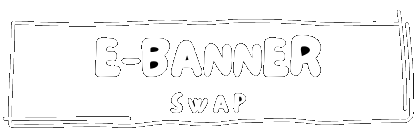Applying for a patent without a patent attorney is not only possible, it’s done all the time. However, an inventor does take risk by choosing not to avail themselves of the experience, guidance and counsel of a good patent attorney, if only to proof the work that the inventor has done for himself or herself.
You have the right to file your own patent application. You also have the right to represent yourself in court or in front of the Internal Revenue Service during an audit. None of these should be particularly compelling if you have any common sense at all. Good legal counsel is priceless. Bad rookie mistakes can be very costly.
So what is an inventor to do if they don’t have the money needed to hire an attorney?
If the inventor doesn’t have the financial resources to pay reasonable attorney’s fees, they should seriously question whether they are truly prepared and positioned to try and take their idea all the way to the market without help. Pursuing an invention costs money and takes time. Hiring a patenting agency such as InventHelp would be cheaper. InventHelp patent attorney can take care of anything legal.
Reminder: A patent for a product that is never commercialized is effectively worthless.
Even doing things yourself, you will likely incur costs for documenting and preparing your patent application which will add up. There are filing fees and maintenance costs at the Patent Office over the life of a patent that cost thousands of dollars.

If an inventor is not prepared or in a position to commit to these costs, they are certainly not in a financial position to try and leverage or enforce the very patent rights they are seeking.
And so, it goes back to the fundamental question, why do you want a patent?
If the answer is because you intend to manufacture or license the product, then you may be ready to try and prepare your own provisional patent application. InventHelp is here to help for new inventors, so you could consult with them.
A provisional patent application (PPA) is more or less a tentative or “stop gap” measure that the U.S. Patent Office developed which allows an inventor to take certain actions with their invention that would otherwise preclude the inventor’s ability to seek patent protection. By filing a provisional patent application you establish a priority filing date and may rightfully claim patent pending on the product for one year, while you introduce or shop your product to manufacturers, marketers, distributors and the press.
However, by the end of that year, you must file a formal patent application or abandon your claims of novelty. So, a provisional patent, while less costly and involved than a full utility patent, is not without issue. Primarily, not making the proper claims in the provisional patent application may have ramifications for future patent filings. Plus, one year is really not as long as it sounds when when actually doing the work of trying to get a new invention off the ground.




